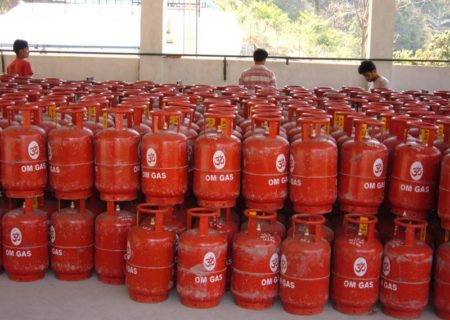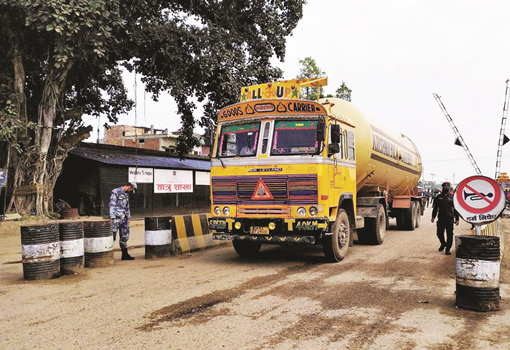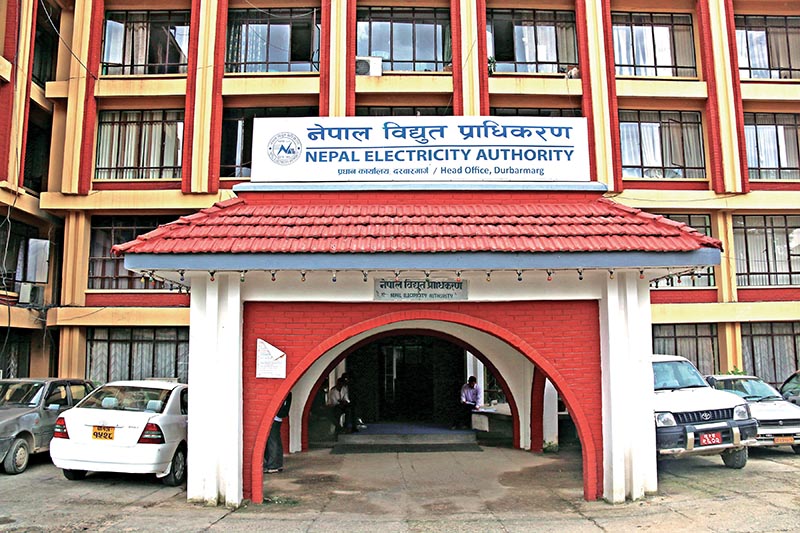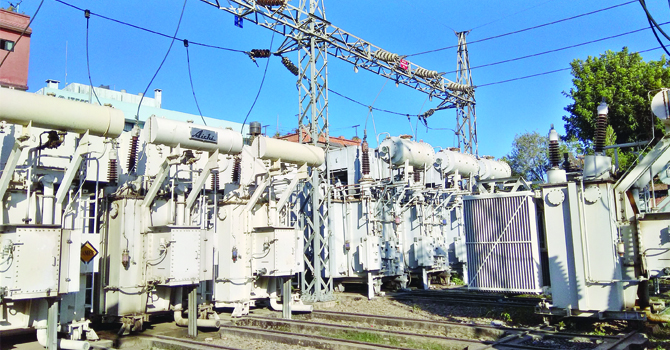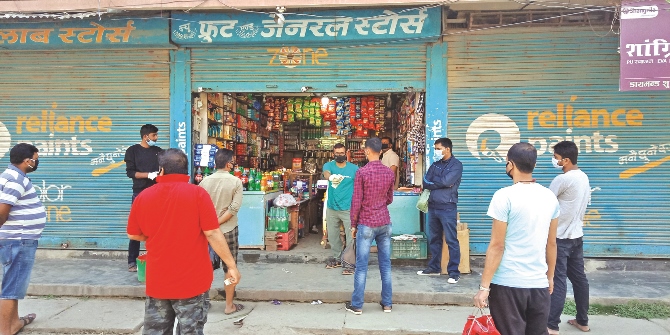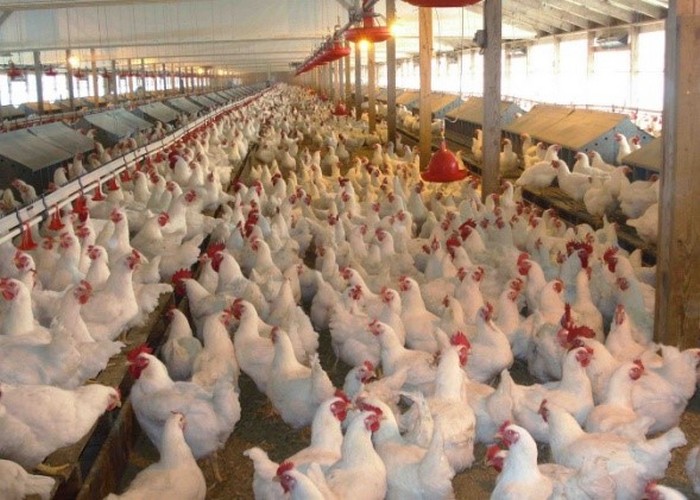Net FDI inflow up amid COVID-19 pandemic

By Laxman Kafle
Kathmandu, Oct. 18: Despite the impact of COVID-19, there has been a significant increase in the inflow of foreign direct investment (FDI) in Nepal in the last fiscal year 2019/20.
In the last fiscal year 2019/20, Nepal received about Rs. 19.48 billion of foreign direct investment, according to Nepal Rastra Bank (NRB).
Inflow of FDI has increased by 43 per cent in FY 2019/20 as compared to FY 2018/19. The country had received about Rs. 13.6 billion of foreign investment in 2018/19.
Net FDI inflows to Nepal stood at Rs. 17.30 billion in the fiscal year 2017/18 and Rs. 13.50 billion in the fiscal year 2016/17.
Executive Director and spokesperson of NRB Dr. Gunakar Bhatta said that the increase in foreign investment in recent years was due to the improvement in the investment climate along with amendment to acts and policies.
The government has formulated various policies to create a favourable environment for FDI in the country.
“COVID-19 affected FDI inflow in the last fiscal year, yet it has increased. The inflow of foreign direct investment has declined in the global market which also affected the inflow of FDI in Nepal,” he told The Rising Nepal.
"In the global village, it is natural for a country like Nepal to be affected. Decline in FDI is a big challenge for the global economy,” he said.
Foreign direct investment plays an important role in fulfilling the resource gap in emerging and developing economies.
He said that government and concerned authorities should focus to improve the investment environment to attract more foreign investment.
Poor realisation of FDI commitment
The recent trend of FDI realisation shows that there is a huge gap between FDI approval and actual FDI inflows to Nepal, Bhatta said.
For FY 2019/20, total FDI commitment was above Rs. 381 billion while actual inflows stood at just Rs. 19.48 billion.
Investment Board Nepal (IBN) had approved FDI worth around Rs. 342.43 billion for 13 different projects in the last fiscal year.
Out of 13 different investment approvals, eight involved hydropower projects worth Rs. 222.13 billion, one manufacturing worth Rs. 59 billion, two transport worth Rs. 13.5 billion and two mines and mineral projects worth Rs. 47.55 billion.
Similarly, Department of Industry (DoI) approved FDI worth Rs. 38.87 billion in the last fiscal year 2019/20.
Last fiscal year, a total of 229 firms and industries committed to invest Rs. 38.87 billion at the time of industry regisgration at the DoI alone while about 345 projects had committed to invest Rs. 25.48 billion in the previous fiscal year, said Uday Kumar Gupta, chief of Foreign Direct Investment Section, Department of Industry.
The FDI commitment above Rs. 6 billion goes through Nepal Investment Board, he said, adding that the overall FDI commitment was not less in the last fiscal year compared to previous fiscal year.
The FDI commitment increased significantly in the last fiscal year after the company registration process was eased and the investment ceiling for a foreign investment project went up, he said.
“The minimum threshold of foreign direct investment for a project is Rs. 50 million. This provision supports investment in the large-scale projects and facilitates the import of modern technologies,” he said.
He, however, said that COVID-19 had affected the FDI pledge in the last fiscal year even though it increased slightly.
The FDI commitment had been affected for almost four months of the last fiscal year due to the impact of COVID-19 across the world.
The investment commitment by the foreign investors increased in the energy sector lately which led to increased investment compared to the number of projects registered.
The institutional investment from abroad was nominal compared to individual investors, he said, adding that the rate of realisation of commitment would increase if institutional investors were attracted instead of individual investors.
“The FDI cannot came in line with commitment as individual investors run businesses and projects bringing nominal amount from their own country and taking loan from domestic banks and financial institutions,” he said.
Recent News

Do not make expressions casting dout on election: EC
14 Apr, 2022
CM Bhatta says may New Year 2079 BS inspire positive thinking
14 Apr, 2022
Three new cases, 44 recoveries in 24 hours
14 Apr, 2022
689 climbers of 84 teams so far acquire permits for climbing various peaks this spring season
14 Apr, 2022
How the rising cost of living crisis is impacting Nepal
14 Apr, 2022
US military confirms an interstellar meteor collided with Earth
14 Apr, 2022
Valneva Covid vaccine approved for use in UK
14 Apr, 2022
Chair Prachanda highlights need of unity among Maoist, Communist forces
14 Apr, 2022
Ranbir Kapoor and Alia Bhatt: Bollywood toasts star couple on wedding
14 Apr, 2022
President Bhandari confers decorations (Photo Feature)
14 Apr, 2022



